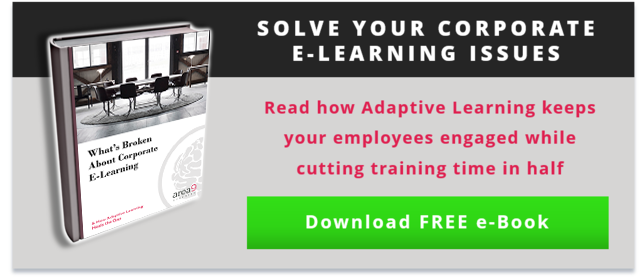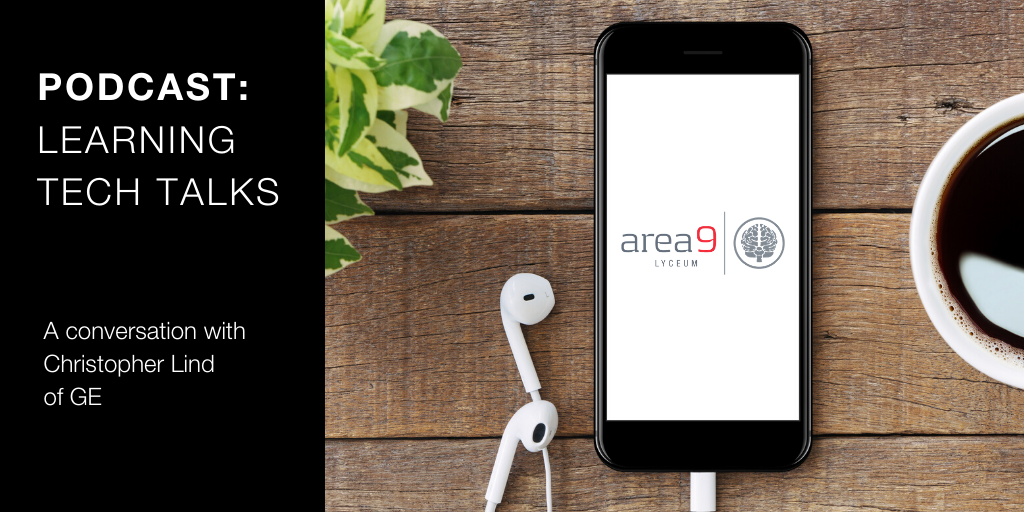What is a major problem plaguing the world of professional sales training? It’s the time training takes.
Every gung-ho sales rep knows that time spent training is time spent not doing what they do best: selling. So, when the speed of training is the biggest concern of most sales reps, it makes sense that the corporate e-learning trend, microlearning, would appeal to many in corporate sales.
The concept of microlearning involves breaking big training courses into smaller segments. The idea is that if you don’t have enough time to attend a big training course, you’ll probably have time to train in smaller snippets of time. While microlearning might make the process of learning a little less painful (at least compared to monotonous traditional classroom scenarios) the idea that microlearning is faster than traditional learning is an illusion: you’re not really shortening the amount of training time. While microlearning breaks down a two-hour class into fifteen-minute chunks, you still have to do the whole two hours, just not in one sitting.
In fact, the learning process may actually take longer — because the training is broken up into smaller chunks a two-hour lesson can be broken down into fifteen-minute segments spread out over days. This can be tiresome for learners who often lose interest before the training is complete. Such disengagement from the learning approach will result in scrap learning.
Adaptive Learning Offers a Better Approach for Training Sales Teams
Adaptive Learning doesn’t fall into the traps that microlearning does because the learner sets the pace for the learning. They can do as much or as little of the training as they want or need. Because Adaptive Learning focuses on the tasks the learner struggles with and doesn’t waste time on the areas where the learner is an expert, it still ends up being faster than traditional corporate e-learning but doesn’t sacrifice learner engagement or mastery.
Adaptive Learning also offers an effective counter to learner memory deterioration with its Recharge function, which allows learners to refresh their knowledge without taking too much of their time.
Because Adaptive Learning offers learners the choice of when and for how long to learn, it shares some of microlearning’s better qualities but leaves microlearning behind by being more engaging as learners see that what they are learning can directly benefit their careers.
Do you believe corporate e-learning is broken beyond repair? Read this free ebook to find out how Adaptive Learning is working to change that perception.









